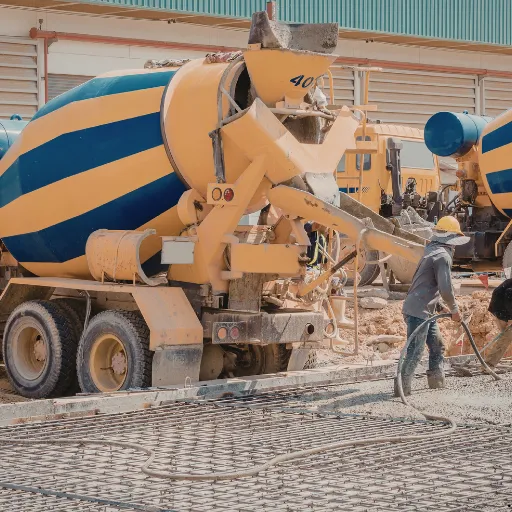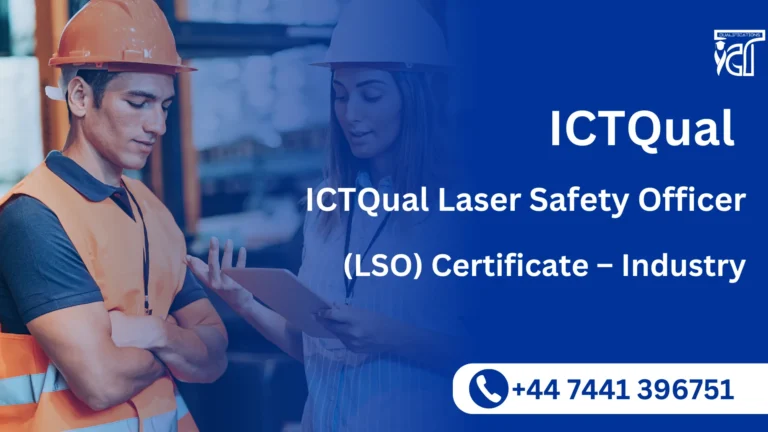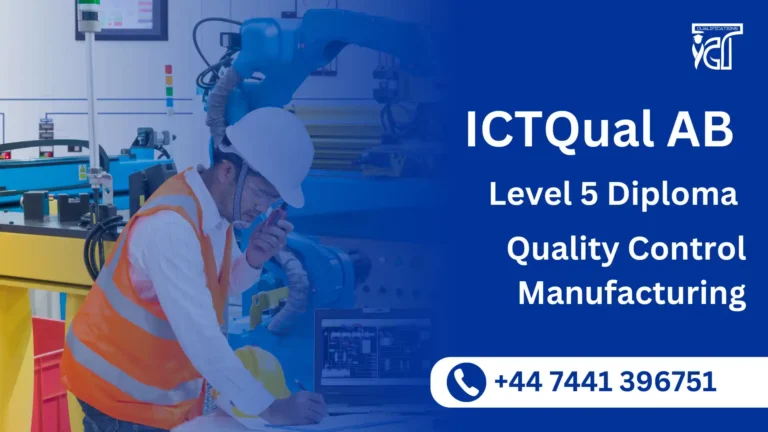ProQual Level 2 Diploma in Construction Operations (Construction)
Strengthen Careers in Construction Operations


Course Level
Level 2
Course Type
Ofqual Regulated
Awarding Body
ProQual
Duration
6 to 12 Months
Study Mood
Online
Assessment
Assignments Based
Course Overview
What is this course
The ProQual Level 2 Diploma in Construction Operations is a vocational qualification designed to provide learners with the essential skills and knowledge required to work effectively in construction environments. It offers a solid foundation for individuals seeking to develop competence in general construction operations, focusing on practical applications and industry standards.
The course emphasizes hands‑on learning and workplace evidence. Learners will gain experience in using tools, equipment, and materials correctly, while also developing an understanding of health and safety practices, site procedures, and quality assurance. The qualification ensures that learners can demonstrate their abilities in real‑world construction settings, making them valuable contributors to project teams.
By completing this diploma, learners achieve formal recognition of their skills, enhancing career prospects in construction operations. The qualification supports progression into more specialized roles and contributes to safer, more efficient building practices. Graduates are well‑equipped to take on responsibilities across a range of construction activities, from groundwork to structural tasks.
Course Content
Detailed Curriculum Structure
The ProQual Level 2 Diploma in Construction Operations (Construction), to achieve candidates must achieve 38 credits:
Who Should Attend
Target Audience and Participants
- Entry-level or apprentice construction operatives working on general building sites, groundworks, civils, or infrastructure projects who need formal recognition of their practical skills.
- Groundworkers, general labourers, or trades assistants involved in routine tasks like excavation, drainage, concreting, kerb laying, or modular paving with minimal supervision.
- Individuals employed in construction operations who handle materials, tools, and equipment safely while contributing to site activities under ganger or foreman oversight.
- Workers aiming to secure a CSCS Blue Skilled Worker card or similar site-access credentials that require a Level 2 NVQ in construction operations.
- New starters or semi-skilled workers in pathways such as drainage construction, structural/non-structural concreting, or general construction who are building core occupational competence.
- Site team members responsible for site safety, quality control, and basic teamwork in live environments, demonstrating skills through work-based evidence and observations.
- Experienced labourers transitioning to recognised trade roles who want a flexible, portfolio-assessed qualification without full-time classroom study.
Career & Learning Benefits
Skills, Knowledge & Opportunities You Will Earn
- Qualifies you for a CSCS Blue Skilled Worker Card, enabling site access and proving your competence to employers on major construction projects.
- Builds core practical skills in construction operations like drainage, concreting, paving, kerb laying, or excavation through real workplace tasks and pathways.
- Enhances health, safety, and welfare knowledge, teaching you to identify hazards, follow risk assessments, and contribute to safe site practices.
- Improves teamwork and communication abilities, helping you work productively with others while maintaining records and following instructions.
- Provides a flexible, work-based assessment via portfolio, observations, and professional discussions, fitting around your current job without classroom time.
- Offers nationally recognised Level 2 certification that boosts employability and supports progression from labourer to skilled operative roles.
- Develops transferable skills like using tools/equipment safely, quality control, and environmental awareness for long-term career growth.
- Creates a portfolio of workplace evidence showcasing your hands-on experience, ideal for apprenticeships or advancing to Level 3 supervision qualifications.
Need More Information?
Frequently Asked Questions Explained
Enrollment Criteria
Minimum Eligibility Criteria for Enrollment
Lock In Your Spot
Get in Touch
+44 2035 764371
+44 7441 396751
info@ictqual.co.uk
www.inspirecollege.co.uk









